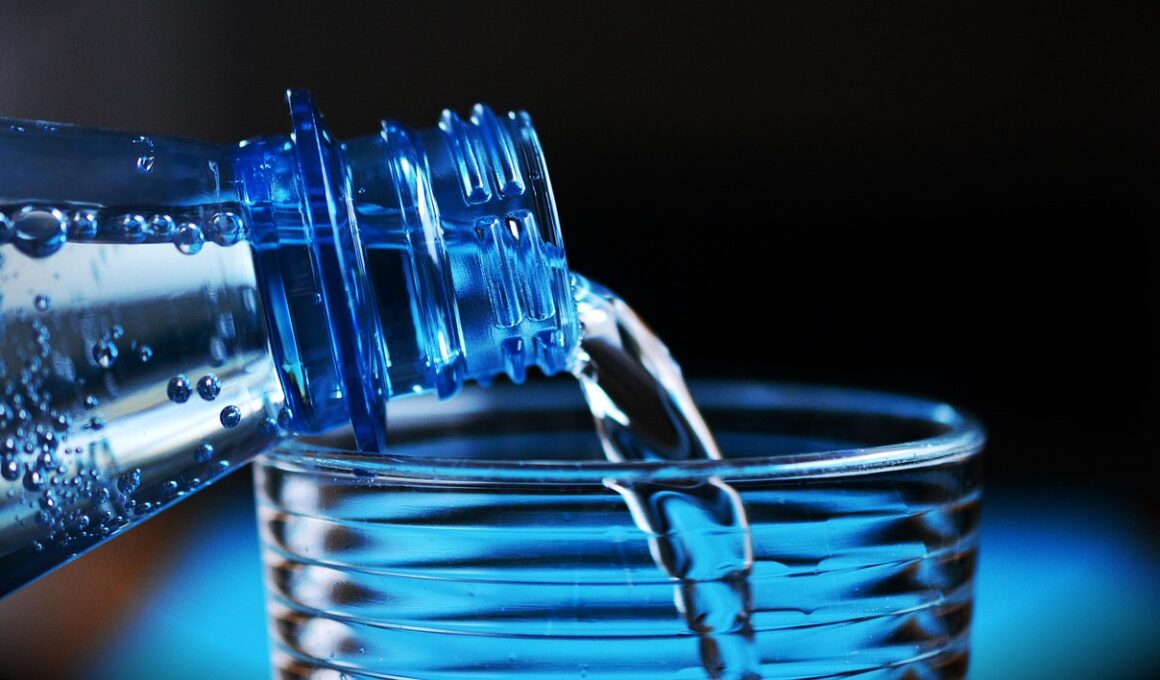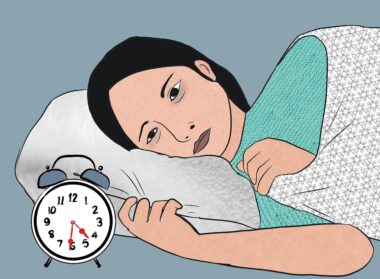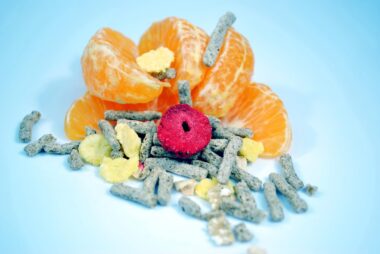Myths About Hydration: How Much Water Do You Really Need?
Hydration is a fundamental aspect of health, yet many myths surround how much water we should consume daily. People often believe they must drink eight glasses of water daily, which, while beneficial, is not universally applicable. The need for water varies based on many factors, including age, climate, health, and activity level. While staying hydrated is essential, the real appropriate amount can differ greatly among individuals. Rather than adhering strictly to a one-size-fits-all approach, it’s crucial to listen to your body’s needs. Factors like exercise, diet, and overall wellness can influence hydration requirements. Interestingly, foods high in water content, such as fruits and vegetables, also contribute to your daily intake. Therefore, you might be getting enough fluids from sources beyond plain water. Instead of strictly counting the number of glasses, consider your body’s cues like thirst and urine color. A useful benchmark is straw-colored urine, which indicates adequate hydration. Exploring personalized hydration strategies is a key to enhancing overall well-being and sustaining energy levels throughout the day.
Another myth many people believe is that clear urine is an indicator of optimal hydration levels. Although light-colored urine typically signifies hydration, it’s not the only factor to consider. Overhydration can occur, which may lead to water intoxication, disrupting electrolyte balance. Symptoms may include nausea, headache, and confusion. Therefore, while monitoring urine color is a good practice, it should not be the sole method of determining hydration status. It’s important to recognize that hydration needs can fluctuate based on environmental conditions and physical activities. For instance, in warmer climates or during vigorous exercise, the body expels more water through sweat. Drinking may not be as urgent when resting or in cooler climates, aligning with your body’s signals for hydration. Fluid requirements can vary between individuals, especially in children, older adults, or those with specific health conditions. Personalizing your hydration approach is key. Foods that contain water, like cucumbers or oranges, and beverages other than water – such as herbal teas – can also aid hydration. Balance your intake and pay attention to bodily needs to ensure proper hydration for your unique lifestyle.
The Importance of Hydration in Daily Life
Understanding the real importance of hydration is critical in dispelling myths about water intake. Adequate hydration supports numerous bodily functions, such as temperature regulation, joint lubrication, and nutrient transport. Insufficient water intake can lead to various health issues, including dehydration, fatigue, and cognitive decline. Additionally, hydration impacts physical performance – athletes often experience decreased endurance and strength when dehydrated. The human body loses fluids continuously, meaning replenishment is essential for maintaining health. While “eight glasses” is a common guideline, individual needs can fluctuate. Instead of fixating on a specific number, focus on knowing when to drink: thirst is a natural indicator. During exercise, aim to hydrate before, during, and after to replenish lost fluids. Proper hydration improves digestion, skin health, and brain function. Investing in water consumption not only enhances physical health but can also positively influence mood and cognitive abilities. To incorporate this practice, keep water readily available throughout the day. Carrying a reusable water bottle encourages regular sips and establishes a routine, making hydration an effortless part of a healthy lifestyle.
In recent diet trends, it’s common to hear that coffee and other caffeinated beverages should be avoided for hydration. Despite beliefs that caffeine leads to dehydration, research shows that moderate consumption contributes to hydration levels. While excessive intake can lead to negative side effects, moderate caffeine content from drinks, such as coffee or tea, can help meet daily hydration needs. Each individual’s tolerance to caffeine can differ, but enjoying a cup of coffee in moderation provides hydration and other potential benefits, like antioxidants. Rather than discarding these beverages for their caffeine, it’s wiser to manage amounts consumed. Recognize that incorporating a variety of drinks, including herbal teas or flavored water, can diversify hydration sources. Hydrating foods also play an important role in fluid intake. Fruits like watermelon, and vegetables like spinach, provide essential water and nutrients that contribute to hydration. By including these foods, you create a balanced hydration strategy based on your preferences. Listening to your body and adjusting fluid intake accordingly leads to better outcomes. Stay informed about hydration factors to thrive every day by making hydration enjoyable.
Age and Hydration Needs
Another misconception is that everyone’s hydration needs remain consistent throughout their lives. As we age, our body’s water composition decreases, leading to different hydration needs. Older adults may find it more challenging to sense thirst, increasing the risk of dehydration. Therefore, they should make specific efforts to drink fluids regularly, even if they don’t feel thirsty. Similarly, young children also require careful insight regarding hydration. They need age-appropriate amounts of fluid, particularly during hot weather or vigorous activities. Parents should encourage them to drink consistently. The importance of hydration extends beyond water; it involves juice, milk, and soups in a balanced diet. Aging populations may require greater fluid management due to medical conditions such as diabetes or renal issues. Professionals recommend monitoring hydration throughout the day, especially during the hotter seasons. To keep track, using a water intake app can be helpful, ensuring everyone meets personalized hydration goals. Engaging with healthcare providers can also support informed decisions regarding hydration levels. Adopting a flexible approach to hydration is essential to ensure safety and overall well-being as one matures.
Diverse activities and lifestyles contribute to hydration requirements as well. Active individuals and athletes typically require more fluid relative to sedentary peers. During physical activity, fluid loss can occur rapidly, especially in hotter climates. Understanding hydration before, during, and after exercise is crucial for performance. Consuming water before workouts prepares the body. During sessions, it can be beneficial to consume electrolytes to replenish lost salts. After physical activity, rehydration is vital to initiate recovery. Additionally, consider that men and women experience different hydration needs. Generally, men tend to have higher fluid requirements due to greater muscle mass. Women, while normally needing less, can have differing hydration needs based on pregnancy or lactation. Tailoring hydration strategies to these unique needs helps ensure performance and well-being. Meanwhile, hydration methods can vary based on personal preferences and availability. Whether you prefer traditional water, infuse it with fruits, or drink herbal tea — it’s important to explore what you enjoy. Personalization aligns hydration with your life, making it sustainable. Stay proactive by adjusting consumption based on activity levels, ultimately fostering healthy habits.
Conclusion and Emphasis on Balanced Hydration
In conclusion, understanding the nuances of hydration is vital to debunking popular myths surrounding water intake. Factors such as age, activity level, and overall health influence how much water one actually needs. Instead of adhering to arbitrary rules, focus on your own body’s signals, your thirst, and dietary intake. Having a holistic view regarding hydration not only enhances physical health but can also improve cognitive functions and mood regulation. Encouraging yourself to mix hydration sources will make the experience enjoyable and sustainable. Foods with high water content should not be overlooked, as they contribute positively to overall intake. It is equally important to know that listening to your body takes precedence; hydration should feel natural, not forced. This guide serves as a foundation for nourishing needs. Ultimately, personalized hydration approaches ensure that the body remains well-supported every day. As you embrace hydration in daily routines, you aid your path towards well-being, so embrace water and hydration consciously. Make every sip count, and let this knowledge guide you toward achieving optimal hydration every day.






